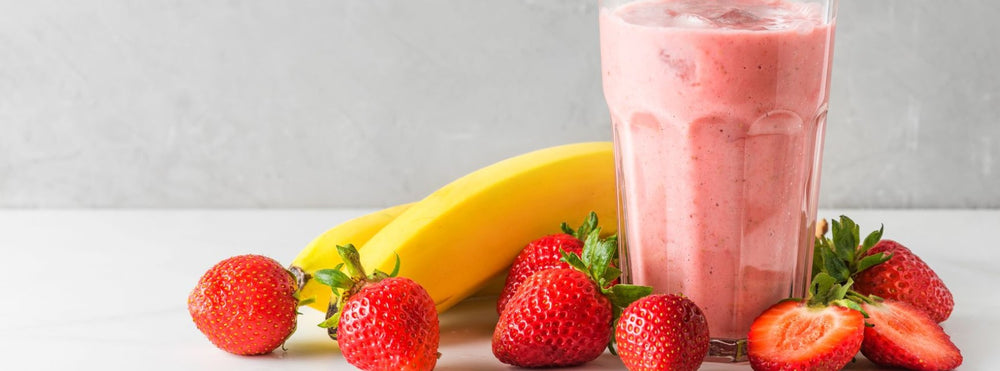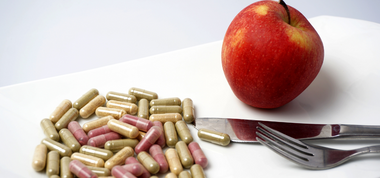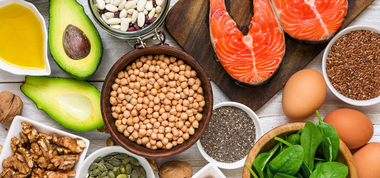COVID-19 or not, diet can support healthy immune system

This was the weekend that Americans were supposed to wave goodbye to COVID-19. While the news on that front continues to evolve, much of it beyond our control, we do have some control over our personal immune systems and our own personal risk.
For example, we know that some lifestyle factors can negatively impact immunity. This includes smoking, excessive alcohol intake, lack of sleep, chronic stress, lack of exercise -- and poor diet. Getting older doesn’t help either, which only means that all of the factors under our control gain outsize importance as we age.
Take nutrition. The wrong diet can hamper our immune systems through all sorts of mechanisms. For example, if you’re relying on ultra-processed foods or eating an all-too-typical Western diet heavy in refined sugars and red meat, changes to the gut microbiome might start suppressing immune cell function.
But the inverse is also true: Consuming lots of healthy nutrients helps our immune cells function better. A few that have been found to be particularly helpful, according to the Harvard School of Public Health, include vitamin C, vitamin D, zinc, selenium and iron. Although that sounds like the formulation for a vitamin supplement, it turns out we can’t solve everything by simply popping a pill. As in all things related to nutrition, it’s far more complicated.
Luckily you don’t have to memorize which vitamins, minerals and antioxidants are found in which fruit or vegetable and what they’re good for! If you’re eating a rainbow of primarily plant-based foods, you’re almost certainly supplying those immune cells the wide range of nutrients they like and need. In addition to fruits and vegetables, think about healthy proteins such as fish, beans and nuts, whole grains such as quinoa, farro and wheat berries, and healthy fats found in olives and avocados. Sounds like foods that deliver lots of fiber, omega-3 fatty acids and antioxidants (sound familiar?).
While no one ingredient or food is going to boost your immune system, at Step One Foods we have made it easier for you. For example, one serving of our Smoothie Mix contains 60% of the recommended daily dose of vitamin C --- all from real strawberries, bananas and other fruits in the mix. If you’re not already using the smoothie mix, think about adding it to your Step One rotation. You don’t even have to make a smoothie with it! If you’re rushed for time (like I am most days) do what I do and just sprinkle it over yogurt and eat it with a spoon. As a further vitamin C boost add in a cup of blueberries (which will get you another 24% of your daily vitamin C supply).
Finally, it’s important to point out that Vitamin D is difficult to get from diet alone. It’s called the sunshine vitamin for a reason. So get outside and go for a walk! As a double bonus, exercise boosts immunity too.

Tested & Proven Results.
- Cardiologist formulated
- Supported by over 500 publications
- Clinically-proven, in a double-blind randomized trial with Mayo Clinic and The University of Manitoba
80% of participants lowered their cholesterol in just 30 days. With just two servings per day, Step One Foods offers a proven-effective way to naturally lower LDL (bad) cholesterol.
Get heart health tips and articles like this, delivered right to your email.
New articles every week.
You may also like...

Supplements for cholesterol lowering? Not so fast.

You don’t need to avoid foods with cholesterol…except for these



